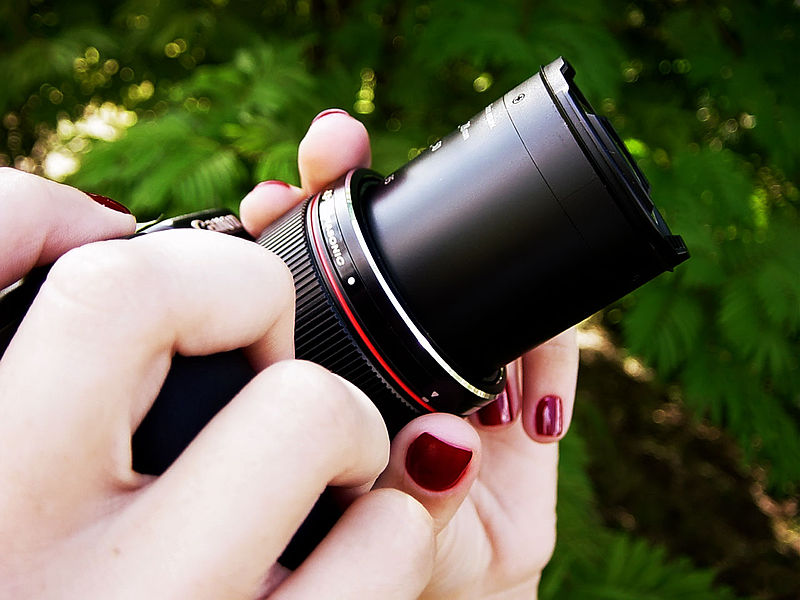So, you want to be a photographer. Nothing beats experience in a vocational field such as this, but if you want to work for a company rather than freelance or start your own, having a Photography degree will make you stand out above other applicants who have a great portfolio but no relevant qualifications.
However, Photography is a competitive field and with limited universities offering the course, here’s how to make sure you get a place:
Image by Rodrigo Senna
Educational Requirements
If you are serious about pursuing photography as a career, there are certain subjects you will need in order to join a Photography course.
To state the obvious, you will require an A level in Photography, as well as an A level in Art. Other subjects will preferably include humanities, maths and sciences, however these are not essential. Your A levels should be achieved ideally at grade B or above and can be supported by passes in 5 other subjects at GSCE grade C or above.
Top universities, such as the London College of Communication and the University of Cumbria, offer Photography as a degree, varying from Fine Art Photography to specialist subjects such as Fashion Photography. The entry requirements will vary between schools, however you should aim to have around 240 UCAS points.
[ALSO READ: How to Get Onto a Graphic Design Degree Course]
Selection Criteria
Besides qualifications, universities will also look at your personal and educational references, as well as scrutinize your personal statement and portfolio.
Your personal statement is very important as it shows the university why you’re interested in photography, and where you feel a Photography degree will get you in life, as well as giving an impression of your personality.
The personal statement should demonstrate your ability in photography by mentioning relevant work experience and studies, as well as personal experiences and ambitions. Furthermore, the personal statement should also detail your expected contribution to the particular University, so if you plan to join the PhotoSoc, say so!
Your portfolio is also very important as it gives the University an idea of your level and ability in photography. It should contain both work in progress and completed works, and should contain around 20 printed images from a selection of projects. Sketchbooks and research folders are also accepted, along with a piece of written work.
Extra-Curricular Activities
In school, there is a variety of clubs to choose from that can boost your university application. Maybe you could take photos for the school newspaper, or join the theatre crew?
A good way of demonstrating your passion for photography would be to create a photography blog. You can promote the blog through various social media sites and utilise search engine optimisation (SEO) to get the blog noticed by leading photographers.
You can also send a link to this blog to prospective employers, and by reflecting on the pictures you take, you could paint yourself as a very passionate and committed photographer as well as possibly getting a job offer.
Struggling to find work experience or paid photography? Grab some friends and do a photo shoot, or offer to take photographs of your friends’ or family’s special occasion. You might find they have hired a professional photographer who will let you shadow him or her to pick up some pro tips.
The University will also be looking for someone who is interested in culture. Regular trips to art exhibitions and art events, or interest in reading reviews or photography magazines and books can help establish and cultivate this interest.
If you are still finding it difficult to find relevant work experience, why don’t you check out the GKBC creative academy? They offer online photography work experience to build up your portfolio and it’s free to apply and join!
Summary
- DO have good grades: relevant A levels at grade B or higher
- DO write an illustrious personal statement
- DO hold a high quality portfolio
- DO join clubs in high school
- DO have a photography blog
- DO take photographs for your friends and family
- DO immerse yourself in culture
See any tips I’ve missed out? Leave them in the comments section.
About Author: Ayah-Sofia is a photography enthusiast and writes personal blogs and niche articles in her spare time. She also indulges in social


